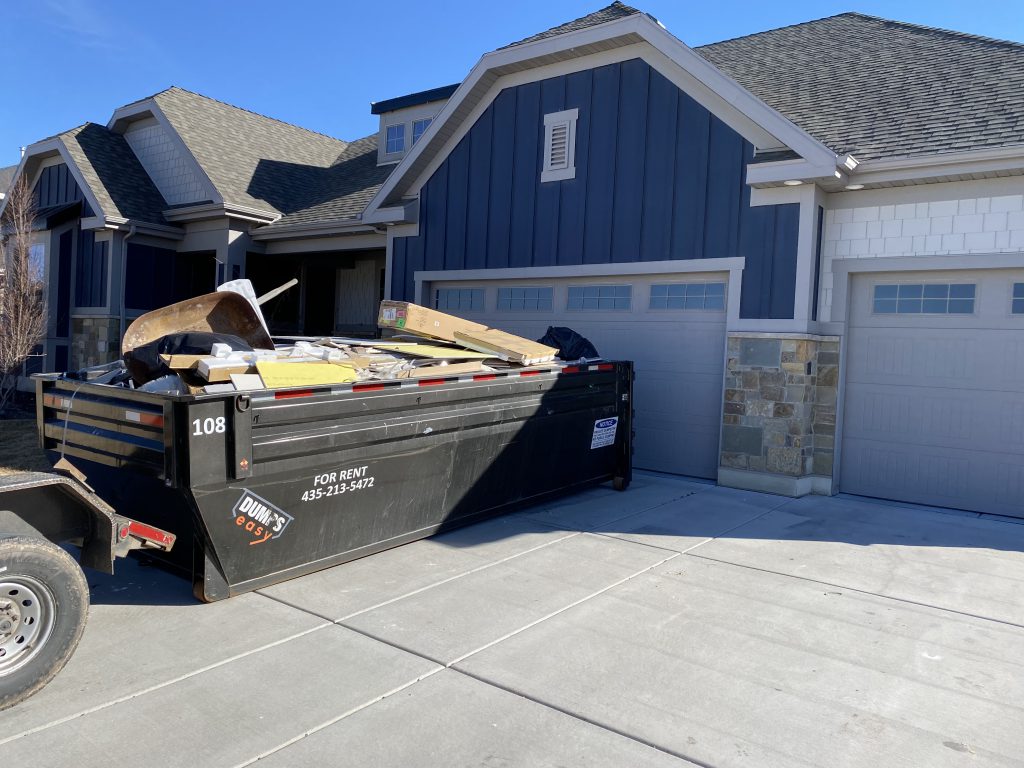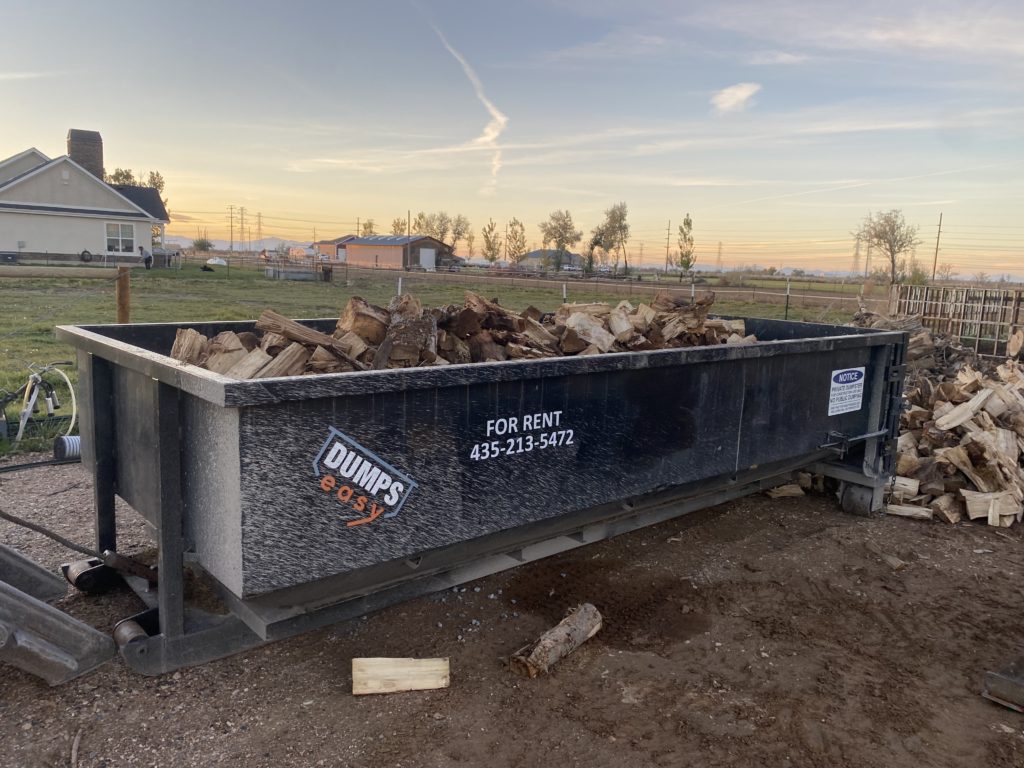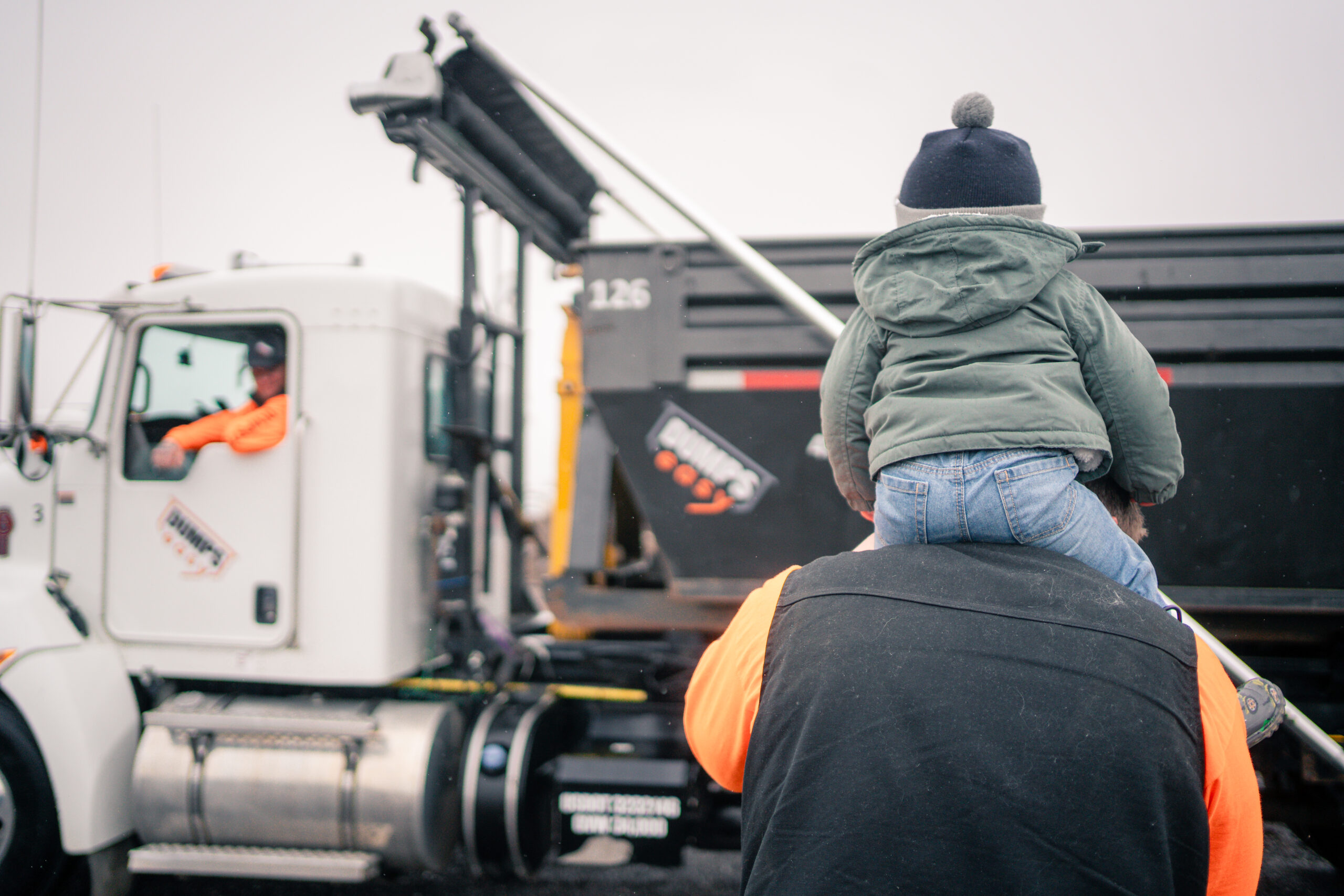Using proper methods to dispose of yard debris is crucial for maintaining a clean and healthy environment. It prevents pollution, protects wildlife habitats, and reduces the risk of wildfires and flooding. By properly disposing of yard debris, homeowners contribute to the well-being of their communities and preserve the beauty of outdoor spaces.

Types of Yard Debris
Identifying common types of yard debris is crucial for effective disposal. Leaves, grass clippings, branches, and garden waste are among the most prevalent forms. Leaves accumulate during fall, while grass clippings result from lawn maintenance. Branches often arise from pruning or storm damage, and garden waste includes trimmings and unrooted plants. Recognizing these types helps homeowners strategize disposal methods tailored to each material’s characteristics, such as composting or recycling.
Understanding the decomposition process and potential uses for yard debris is key to sustainable waste management. Through decomposition, organic matter breaks down into nutrient-rich compost or mulch, which enriches soil and promotes plant growth. Leaves and grass clippings can be composted to create natural fertilizer, while branches and garden waste can be chipped or shredded for mulching. These processes not only divert waste from landfills but also contribute to healthier landscapes and reduced reliance on chemical fertilizers.
Methods to Dispose of Yard Debris

1. Curbside Collection Services
Many municipalities offer curbside collection services for yard debris, where residents can place their bagged or bundled debris at the curb on designated collection days. These services typically accept leaves, grass clippings, branches, and other yard waste, which are then transported to composting facilities or recycling centers for proper disposal or recycling.
2. Dumpster Rentals
Dumpster rentals offer a convenient and efficient method for yard debris disposal, particularly for larger-scale clean-up projects or renovations. Homeowners and landscaping professionals can rent dumpsters of various sizes to accommodate different volumes of yard debris, including branches, leaves, and garden waste. By renting a dumpster, individuals can dispose of yard debris in a centralized location, minimizing clutter and simplifying the cleanup process. Dumpster rental services often include pick-up and disposal, providing hassle-free solutions for managing yard waste while adhering to local regulations and environmental considerations.
3. Composting
Composting is a natural process that breaks down organic materials like leaves, grass clippings, and garden waste into nutrient-rich compost. Homeowners can compost yard debris in backyard compost bins or piles, providing an environmentally friendly way to dispose of organic waste while creating valuable soil amendment for gardening and landscaping.
4. Mulching
Mulching involves shredding or chipping yard debris, such as branches and trimmings, into small pieces that can be spread over garden beds or around trees and shrubs. Mulch helps retain soil moisture, suppress weeds, and regulate soil temperature, while also providing organic matter that improves soil structure and fertility.

5. Yard Waste Recycling Centers
Many communities have yard waste recycling centers where residents can drop off their yard debris for recycling or composting. These facilities accept a wide range of yard waste materials and often provide mulch or compost for residents to take home, closing the loop on the recycling process and promoting sustainable waste management practices.
6. Landfill Disposal
Landfill disposal should be considered a last resort for yard debris disposal, as it contributes to landfill waste and does not utilize the organic materials’ potential benefits. However, in some cases where other disposal options are not available or feasible, homeowners may need to dispose of yard debris in landfills. It is essential to check local regulations and guidelines for proper landfill disposal procedures and any associated fees.
Tips for Responsible Yard Debris Disposal
Tips for responsible yard debris disposal encompass several key considerations to ensure efficient and environmentally friendly waste management.
- Proper preparation and segregation of yard debris involves sorting materials by type and size, bundling branches, and bagging leaves for easy handling and recycling.
- Safety precautions and protective gear are essential to prevent injuries during debris disposal, including wearing gloves, goggles, and sturdy footwear when handling sharp or heavy materials.
- Environmental considerations and best practices include composting organic materials, mulching branches, and avoiding chemical treatments to minimize environmental impact and promote sustainable practices.
- Community resources and local regulations provide guidance on disposal options, recycling centers, and waste collection schedules, ensuring compliance with local ordinances and maximizing resource utilization. Consulting community resources helps homeowners navigate disposal methods and contribute to a cleaner, healthier environment.
Choose Dumps Easy for Yard Debris Disposal
Dumps Easy offers rental dumpsters tailored to dispose of yard debris, providing homeowners and landscaping professionals with convenient solutions for managing outdoor waste. With a range of sizes available, including 30 yard, 20 yard, 16 yard, and 14 yard cans, we ensure that customers can find the appropriate dumpster to accommodate their specific needs. From small-scale yard clean-ups to large landscaping projects, our efficient rental process and reliable pick-up services make disposing of yard debris simple and hassle-free. Contact us today to get your rental dumpster reserved.

